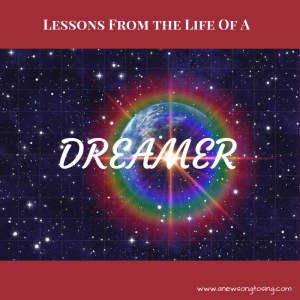
(Catch up on the series here.)
Fear causes us to keep participating in cycles we want to break.
Ten of Jacob’s sons left for Egypt in search of food, but Jacob didn’t allow Benjamin to go with them. Jacob feared Benjamin might be harmed in some way, so he kept him behind.
Keep in mind that although Benjamin was the youngest son, he was a grown man by this point in the story.
Consider how Jacob’s ten sons felt when their father held Benjamin back. It implied that Jacob didn’t care as much about what happened to them as he did Benjamin. And because of their deceptive actions concerning Joseph years earlier, they probably felt they didn’t have the right to address Jacob’s decision to keep Benjamin with him.
We also see in this part of the story that even though Jacob had experienced losing Joseph, he still hadn’t changed. He was still choosing favorites and continuing the dysfunctional family cycle.
Instead of Jacob allowing his sons, including Benjamin, to act like the grown men they were, he parented them as though they were still children. I can’t help but wonder if he feared that his sons would do to him as he’d done to his own father. Jacob had spent years of his life on the run from his family. Perhaps he was desperate to keep the same thing from happening with his own sons, yet as a result, unconsciously continued the same cycle of dysfunction.
In this part of the story, we see the repetitive family pattern of favoritism born out of fear.
Fear causes us to keep participating in dysfunctional, destructive cycles. Instead of repeating the same actions as those who came before us, we might swing in the opposite direction in hopes of breaking the cycle. However, the root of the dysfunction remains beneath the behavior, and the cycle continues.
Soon, we’ll see what it takes to break a dysfunctional, generational cycle.



